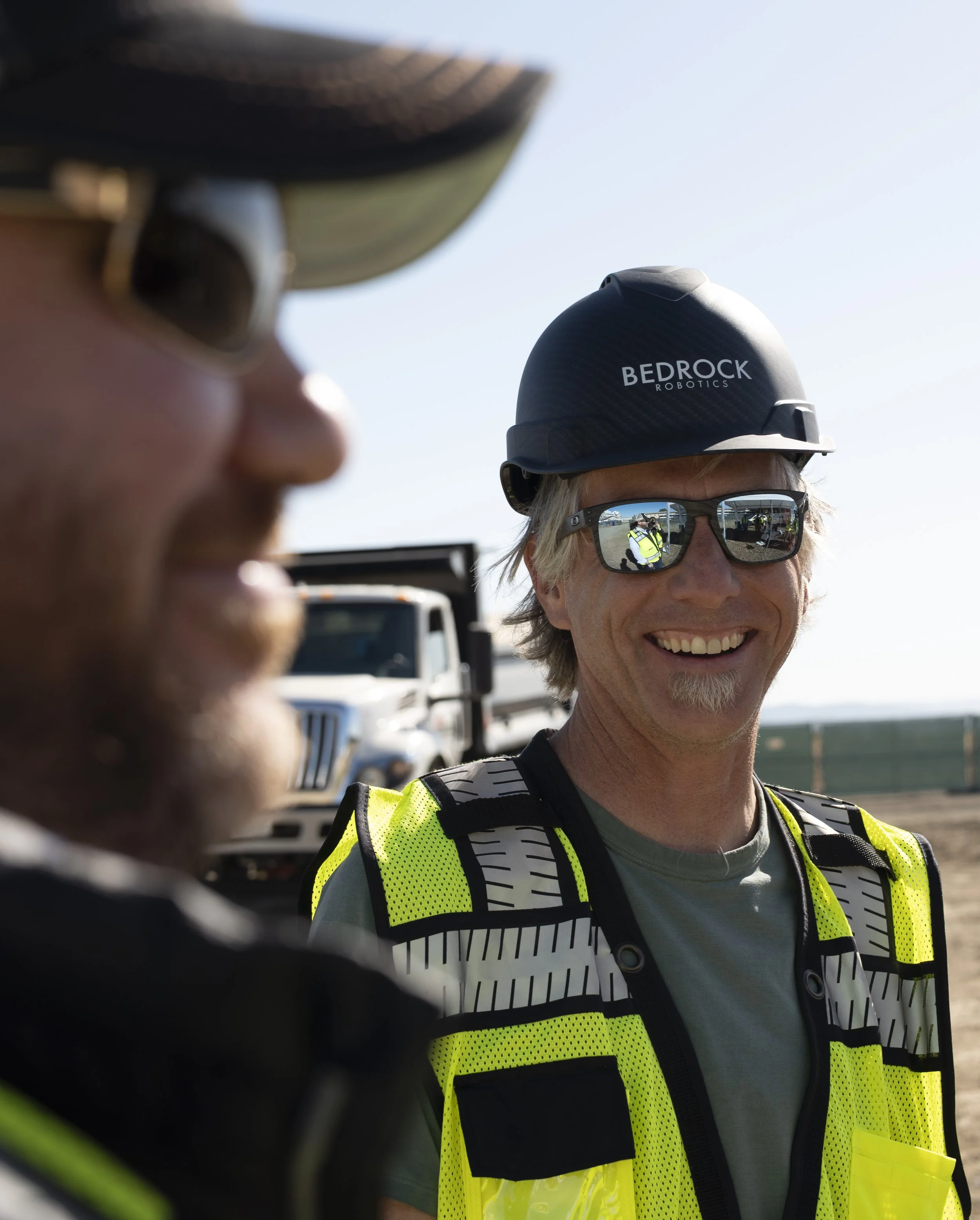The Next Frontier: Autonomous Excavators
Bedrock Robotics Raises $80M to Automate Excavators and Upend the Construction Labor Model
In July 2025, a new name emerged in the automation of construction: Bedrock Robotics, a startup founded by ex-Waymo engineers
And it doesn’t require building new machines.
What if the same minds behind self-driving cars could make bulldozers think for themselves?
That’s exactly what’s happening at Bedrock Robotics, a fast-rising startup founded by former Waymo engineers who once worked on Google’s autonomous vehicle project. They're now taking their expertise in computer vision, sensor fusion, and real-time decision-making and applying it to a different kind of terrain—construction sites.
Instead of designing new equipment from the ground up, Bedrock is focused on retrofitting what’s already out there. Its flagship system, the Bedrock Operator, installs in hours on existing excavators, turning them into dual-mode machines that can switch between manual and autonomous operation with a hybrid model that aims to eliminate operator dependency by 2026.
The logic is compelling, in the U.S. construction industry is dealing with a perfect storm: soaring demand for housing and infrastructure, from housing to factories to infrastructure, projects pile up; combined with a chronic skilled labor shortage. In many states, workforce gaps number in the hundreds of thousands. Bedrock’s proposition? Let machines fill in the gaps—literally. With the advancement of autonomous systems, the same breakthroughs in navigation, perception, and autonomy that revolutionized self-driving cars are now transforming heavy machinery.
Bedrock’s roots in Waymo bring valuable legitimacy. Their engineers are repurposing lessons from autonomous vehicles—sensor fusion, environment modeling, failover systems—into the heavy‑equipment realm. That pedigree helps smooth a pathway into risk‑averse sectors like construction. For contractors the promise is compelling, automation promises faster timelines, tighter cost control, and safer worksites. Yet it also forces a reckoning for traditional operators and firms unwilling to adapt. The risk is equally real, contractors will need to rethink disruption for traditional operators and contractors who fail to adapt may fall behind.
Bedrock Robotics Autonomous Excavator in action.
Unlike startups that build new robotic machines, Bedrock’s retrofit strategy is less capital intensive and lowers adoption friction. Contractors don't need to buy a whole new fleet—they upgrade what they already own. The company is privately held, but it’s not smal. Raising $80 million to scale deployment, software development, and field testing.
The company is privately held, but it’s not small. It recently raised $80 million to scale deployment, software development, and field testing.
Unlike other robotics startups building bespoke machines, Bedrock’s retrofit model is both capital-efficient and contractor-friendly approach that lowers adoption barriers and shortens deployment cycles. As the tech proves itself in varied environments—rocky soils, urban sites, steep slopes—the market will gain confidence.
Autonomy in construction might not be flashy—but it’s fast becoming foundational.
Sources
Bedrock’s $80M raise and retrofit strategy (roboticsandautomationnews.com)
Early deployments and founding team background (evertiq.com)
Labor force pressures and construction industry context (fastcompany.com)
IPO status and private market trading (nasdaqprivatemarket.com)


